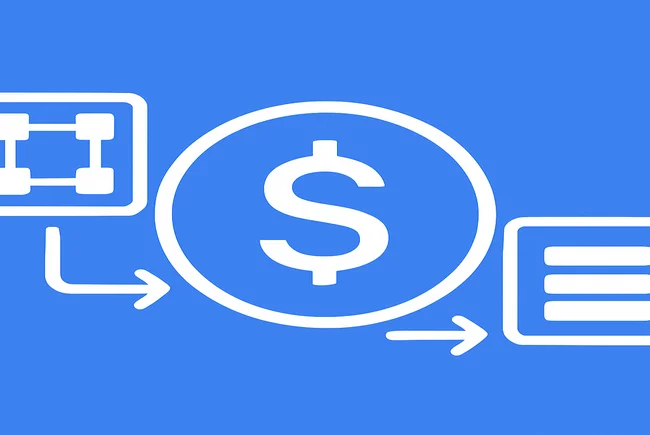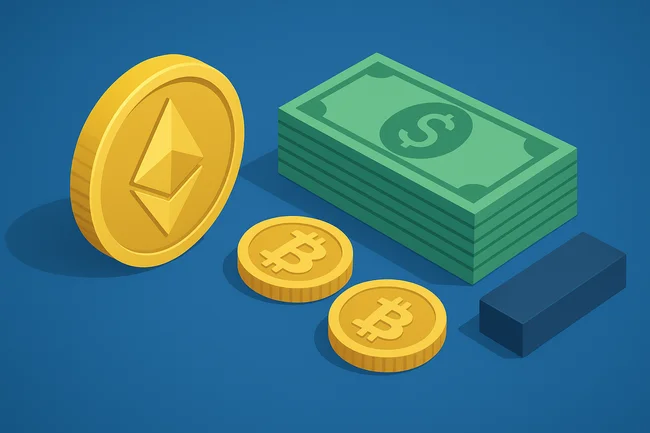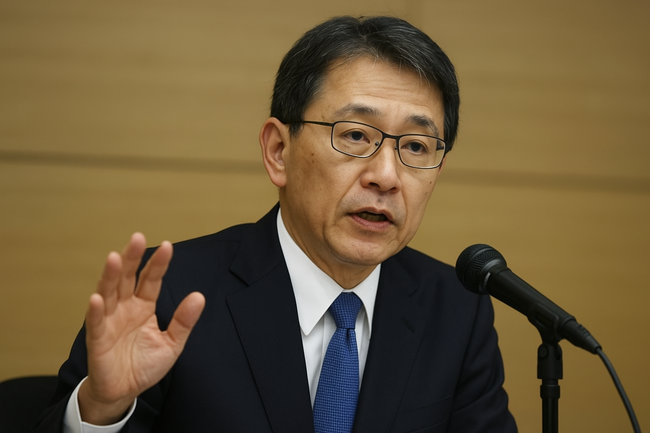A future block refers to a block in a blockchain that is expected to be created or confirmed at a later time. Each block contains a collection of transactions, and miners or validators work to add these blocks to the chain.In some blockchain systems, future blocks can be planned based on the expected transaction volume, network activity, or scheduled upgrades. This helps nodes prepare for increased demand or changes in protocols. Moreover, certain decentralized applications and smart contracts can also utilize future blocks to schedule actions, such as triggering payments or executing agreements at a designated time. Understanding future blocks allows participants to anticipate network behavior, manage resources, and ensure smooth operations within the blockchain ecosystem. It highlights the interconnectedness of transaction processing and the importance of planning within decentralized networks.

Circle Introduces Bridge Kit to Simplify Crosschain USDC Transfers
Circle has launched the Bridge Kit, a new developer toolkit designed to simplify cross-chain transfers of USD Coin (USDC) through



